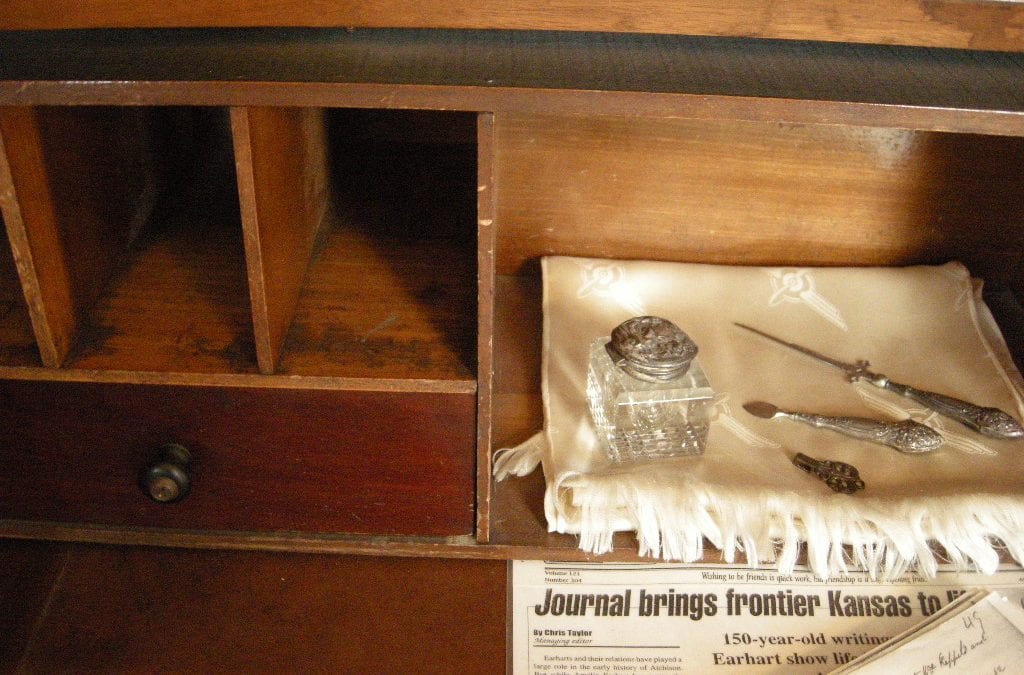The world was a very different place in 1931 – a time of high ceilings and lace curtains, a time when women were expected to be subservient to their husbands. It was also the year the Empire State Building would be completed, making it the tallest building in the world, a record that would last until 1970 when the World Trade Center rose above Manhattan. And despite the Great Depression, new products, some of which still endure, were introduced – Airstream trailers and Alka-Seltzer being two of them.
But even if recognizable objects existed, morals of the day were exceedingly different.
The now-classic film, Frankenstein, was released, but in a version we might not recognize. Morality boards in several US states took it upon themselves to make various cuts to it. A line uttered by the scientist-inventor, “Now I know what it feels like to be God!” was considered blasphemy. As a result, it was blotted out by censors, replaced with the sound of thunder, and only put back when the film was restored in the 1990s.
Prenuptial agreements existed long before 1931, but their purpose was primarily to protect financial interests, especially those of women. But then along came Amelia Earhart, the first person I know of with the courage to create a whole new kind of agreement. Her prenuptial didn’t focus on money, but on the behaviour required by marriage, that of fidelity.
It seems safe to say she and her husband-to-be, George Putnam, had already broken a few rules regarding the day’s moral guidelines. It was apparent to many that Putnam and Earhart were having an affair, and under the roof of the family home he had shared with his wife, Dorothy Binney Putnam. But what Earhart asked of George in her prenuptial letter was not a promise to be faithful, but rather the freedom (for both of them) to stray.
She wrote her wishes in a letter which, fortunately for us, has been preserved. If the legend around it is correct, she gave it to him on the morning of their wedding, February 7th, 1931. In it she wrote that she didn’t want either of them held to any ‘medaevil’ (her spelling in the letter) standard of faithfulness, suggesting that if either were attracted to someone else, there would be no repercussions. Further, she proposed that if after the span of one year, either party felt the marriage wasn’t what they’d hoped for, they could dissolve it.
In her case, I have my own suspicions that she may have taken some of her lifestyle lessons from the poet H.D.
Both kept their hair very short. Both lived unconventional lives for their time – H.D. for a while in what would now perhaps be called an open marriage, and later, in a dedicated longstanding relationship with a woman. Such parallels, though lacking much in the way of supportive evidence, are certainly points of conjecture when it comes to Earhart.
Both also wrote poetry, though of course the work of H.D. remains much better known. Looking at certain of Doolittle’s works, I can only wonder whether Earhart read any of them, and whether they cast an influence on some of her own writings.
And yes, Amelia kept the name Earhart. In fact, poor old GP (his initials, which she often used in referring to her husband) was occasionally called Mr Earhart – an early reversal of conventions of the time.
Although I know I’m certainly not the first to make comment on Amelia Earhart’s remarkable prenuptial proposition, I think, on this day when one might make note of her wedding anniversary, it’s worth marking the day when a woman very much in the public eye was bold enough to write such a letter.
Especially where she clearly needed to behave for a public who served to finance her adventures, her boldness seems exemplary. In my eyes, to be sure, there can be no doubt that Amelia Earhart the feminist remains worthy of serving as mentor to so many of us.
Heidi Greco, author of Practical Anxiety (Inanna , 2018) and Flightpaths: The Lost Journals of Amelia Earhart


Wonderful to read about this letter and the context of the times. I`ve also wondered about Earhart`s chosen lovers, not out of prurient interest, but because recently I have been reading about women, out as gay, who are working as coaches in professional sports, including all-male sports, and how good this is for all gay people, and all of us who are inspired by inclusion and sheer talent finding its place in the world. I also highly recommended Heidi Greco`s two books noted here as two more excellent examples of the latter.
There’s certainly no firm evidence that I’m aware of, but the possibility exists that Amelia may well have had female lovers. In particular, her friendship with Eleanor Roosevelt was very deep.
Excellent writing Heidi. So happy to see this article and your development of Earhart’s story. We need to be reminded of the heroes of the recent past.
We also need to continue seeking heroes among us. Greta Thunberg surely is one for our time.